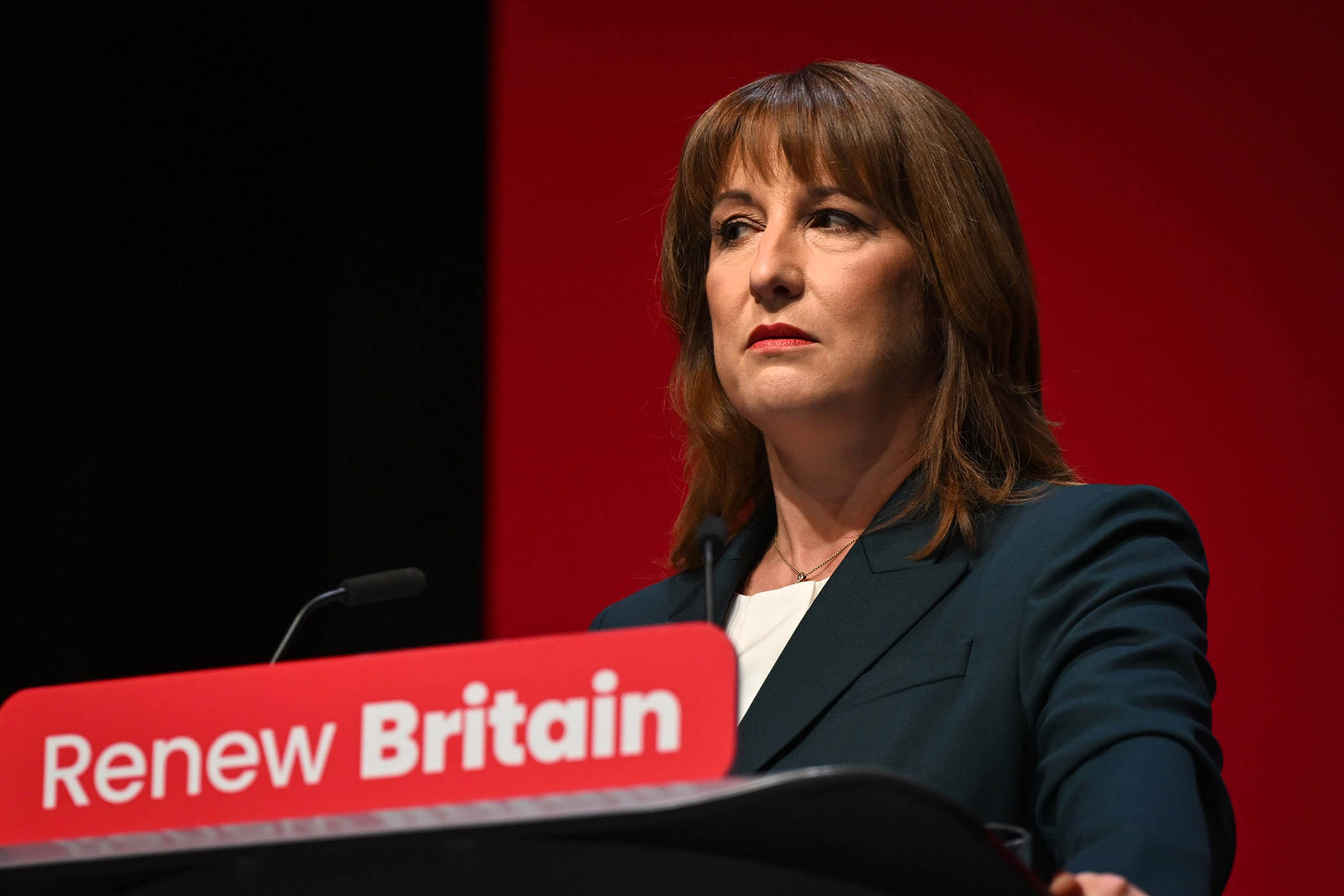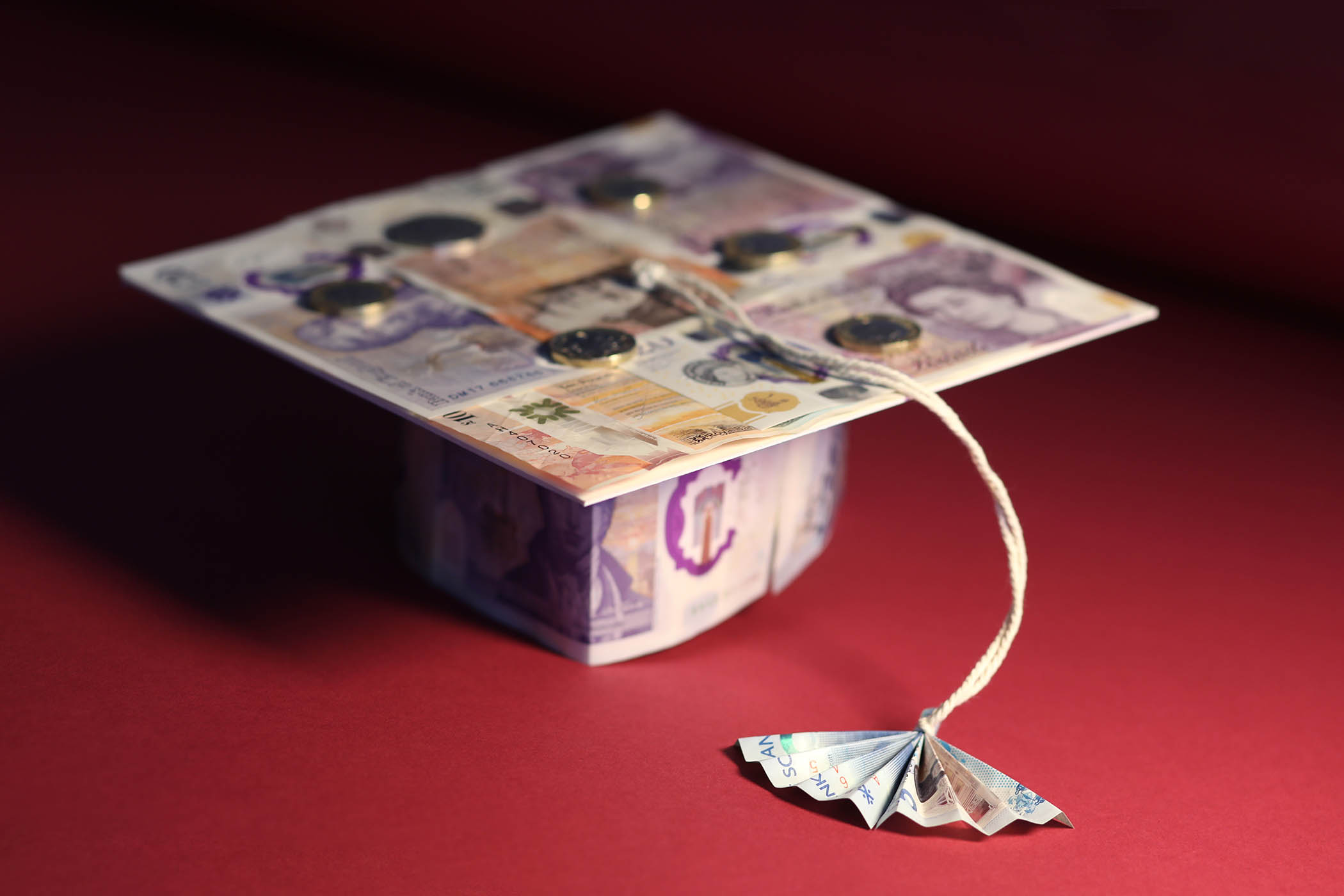In 1980, during the heyday of monetarism, the then governor of the Bank of England, Gordon Richardson, told me that by adopting this strange doctrine Mrs Thatcher had “created a rod for her own back”.
The present and beleaguered chancellor, Rachel Reeves, did something similar when binding herself needlessly to “iron-clad” fiscal rules, which have, to mix metaphors, tied her in knots. From the start of this government, I have been concerned about this fiscal straitjacket. I also thought it rash to rule out the biggest revenue earners – income tax, employees’ national insurance and VAT – should the moment come when pressures on public spending, not least from an ageing population, raised the need for serious increases in taxation.
Now it’s widely assumed that in calling a pre-budget press conference in Downing Street last week, Ms Reeves was, in a cack-handed way, preparing the ground for income tax increases that would break her previous promises.
She is certainly under huge pressure and facing calls to resign not only from the right wing but also from discontented members of her own party.
The chancellor deceived herself in thinking that by adopting fiscal constraints aimed at pleasing the financial market she could successfully win the freedom to achieve economic growth. That is now the acid test of her chancellorial success: growth as a prerequisite for doing all the other good things a Labour government believes in. On this front she is in serious trouble. Our growth rate is anaemic, inhibited by a slowdown in the rate of growth of productivity – the output per person employed or self-employed. Also alarming is the finding from the Mayfield review that the number of 16- to 34-year-olds with a mental-health condition who are economically inactive has risen 76% between 2019 and 2024.
But the big factor is what Lord Kinnock calls the “mammoth in the broom cupboard”, namely Brexit. It’s a view that was shared by the late John Le Carré. In an interview recording, which can be heard in the exhibition of Le Carré memorabilia at the Bodleian in Oxford, he said it was “absolutely wrong” for Britain to leave the EU: “To me that is an utter tragedy. And the idea that we shall have to go cap in hand to Mr Trump and his associates for trade deals is profoundly humiliating.”
What I find puzzling – and I suspect that Le Carré would too if he were still with us – is why our prime minister and chancellor don’t face up to the obvious solution to the productivity crisis exacerbated by Brexit and display some statesmanship – to tell the nation not only that it is time we recognised the folly of Brexit but also that it is in our trading and budgetary interests to apply to rejoin the single market and the customs union. The 4% plus loss of annual economic growth is more than enough to account for the panicky budgetary situation the chancellor now finds herself in.
Long-term pressures on public spending will require tax increases, but with the economy so weak this is a dangerous time to start. Consumer and business confidence is at such a low ebb, not helped the uncertainty created by Reeves herself; immediate tax increases that risk hurting demand further are hardly designed to stimulate confidence and growth.
As Stuart Machin, chief executive of Marks & Spencer, said last week: “I most fear anything that is going to hit our customers’ pockets and the everyday economy.” He called for “no more taxes on the everyday economy. That wouldn't be a growth strategy”.
The threat to the UK’s borrowing prospects has been exaggerated. The position is nothing like the mid-1970s, when the rate of inflation reached 25% and the Labour government had to borrow from the IMF to finance itself. In 1975, chancellor Denis Healey raised income tax by 2p. A lot of good it did him. He did not calm the markets and resorted to the IMF the following year.
Newsletters
Choose the newsletters you want to receive
View more
For information about how The Observer protects your data, read our Privacy Policy
Photograph by Rasid Necati Aslim /Anadolu via Getty Images



